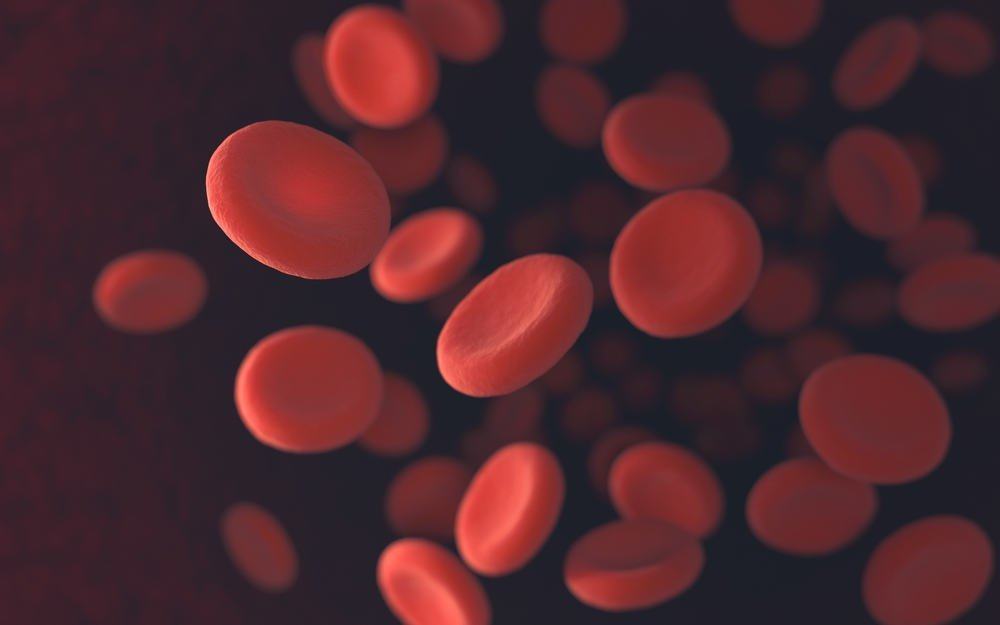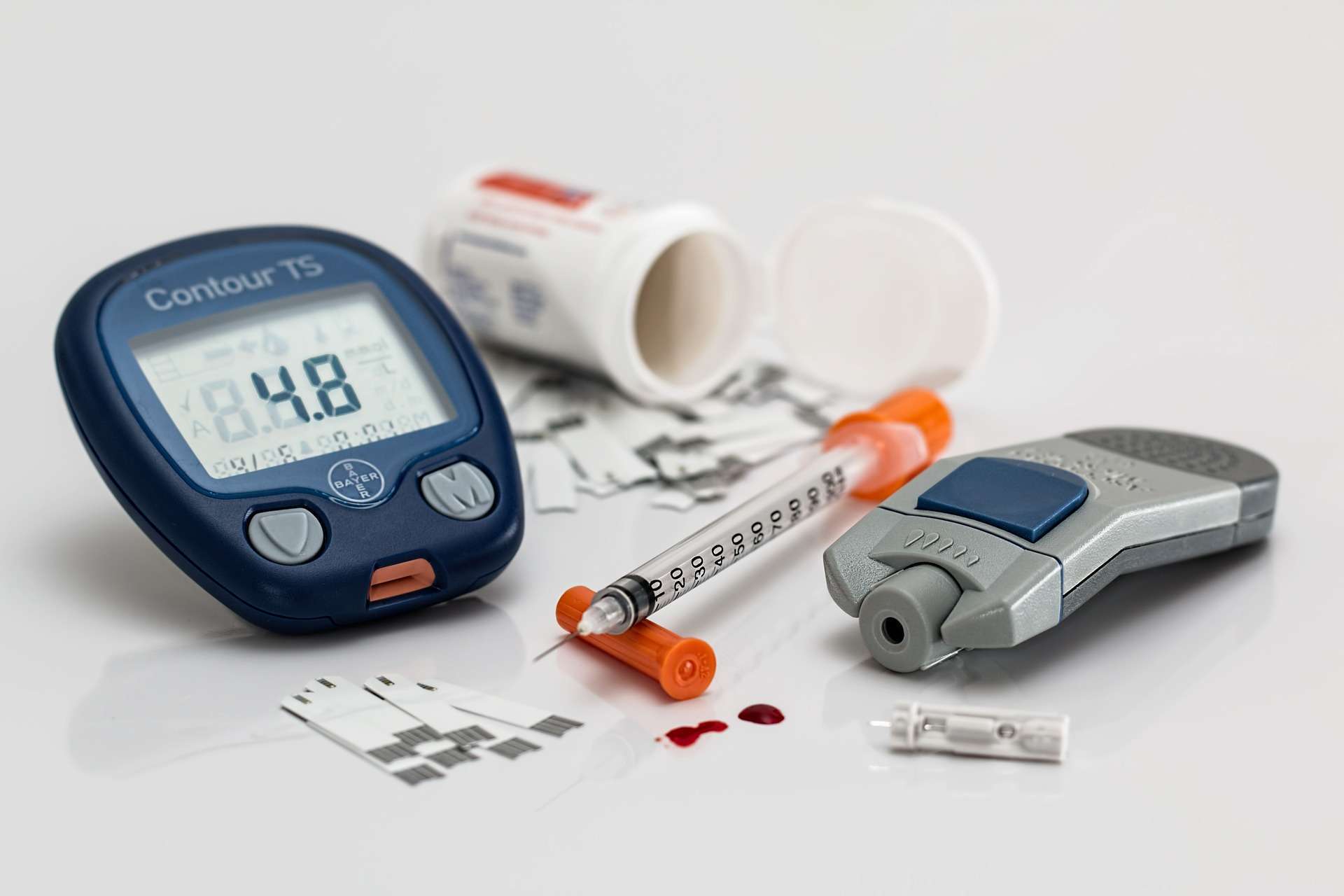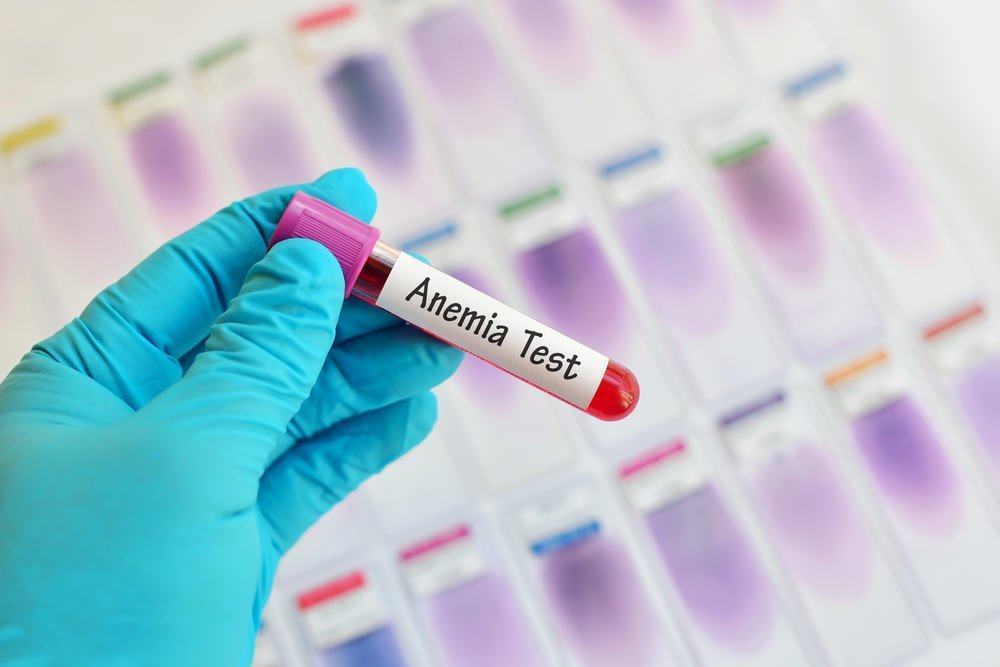Contents:
- Medical Video: Cancer and Pernicious Anemia
- What is megaloblastic anemia?
- What causes megaloblastic anemia?
- Symptoms and effects of megaloblastic anemia
- How do you deal with megaloblastic anemia?
Medical Video: Cancer and Pernicious Anemia
Symptoms of anemia generally arise due to red blood cell malfunction. However, there are many types of anemia, and each has a variety of causes and characteristics. One of them is megaloblastic anemia, which is characterized by the characteristics of red blood cells larger than normal size.
What is megaloblastic anemia?
Megaloblastic anemia is one type of anemia that occurs when red blood cells have a larger size than normal. It does not undergo division and does not develop completely, resulting in a decrease in the number of red blood cells.
Just like anemia in general, large and immature red blood cells cause a decrease in the distribution of hemoglobin and oxygen. A decrease in the number of red blood cells occurs when large red blood cells cannot enter blood vessels after being produced in the bone marrow.
Nutritional deficiencies due to an unbalanced diet are thought to be the cause of megaloblastic anemia. But iron deficiency is not the main cause, but a deficiency of vitamin B12 and folate which causes red blood cells to not develop properly.
Enlargement of red blood cells comes from defects in DNA and inhibits blood cells from experiencing perfect maturation. This is a direct impact of vitamin B12 and folate deficiency on the function of the bone marrow as a producer of blood. As a result, the enlarged blood cells are oval in shape with imperfect DNA
What causes megaloblastic anemia?
Nutritional deficiencies such as vitamin B12 and folate are the main causes of megaloblastic anemia but these can be triggered by other conditions, such as:
Lack of vitamin B12 intake - the amount of B12 intake of less than 5-7 µg / day can be caused by not including red meat, fish, eggs and milk in the diet, as in a vegetarian diet.
Less folate intake - levels less than 0.4 mg / day due to not including red meat and green vegetables, fruits, and various animal-processed products. Folate intake can also be reduced if you cook green vegetables using too much water and too high a temperature to damage the folate content.
Malabsorption of vitamin B12 - Although easily absorbed and fulfilled, vitamin B12 deficiency can be caused by reduced protein in the stomach which helps, absorption of vitamin B12. Besides that there are autoimmune conditions, bacterial infections, and parasitic worms will reduce the levels of absorbed vitamin B12. More specifically megaloblastic anemia due to vitamin B12 deficiency is known as pernicious anemia.
Folate malabsorption - some conditions for excessive alcohol consumption and pregnancy cause the body to absorb less folate than usual.
Other medical conditions - other causes of megaloblastic anemia, including:
- Leukemia
- HIV infection
- Myelodyspslatic syndrome
- Myelofibrosis
- The use of epilepsy anti-seizure drugs, dilantin
- Use of chemotherapy drugs
Symptoms and effects of megaloblastic anemia
Like anemia in general, people with megaloblastic anemia experience a feeling of weakness or lack of strength. Symptoms of megaloblastic anemia can also vary for everyone, such as:
- Hard to breathe
- Numbness at each end of the body
- The tongue feels slippery and / or swollen
- Diarrhea
- Nausea
- Muscle cramps
- The skin looks pale
- Short loss of appetite and weight loss
- Heart beat
- The hands and feet vibrate
Some of the symptoms of megaloblastic anemia are related to digestive problems, this occurs because of vitamin B12 deficiency. In addition, vitamin B12 deficiency also triggers nerve damage and neurological problems. If left for a long time the condition of megaloblastic anemia will trigger a decrease in bone strength and the development of gastric cancer.
How do you deal with megaloblastic anemia?
Symptoms of anemia is a disorder that can reduce the quality of health and life of the sufferer from time to time, so immediate treatment is needed. Megaloblastic anemia is identified by examining the number and form of red blood cells in addition to further examinations such as medical history and levels of vitamin B12 and folate may also be needed to establish a diagnosis.
Megaloblastic anemia caused by an unbalanced diet can be dealt with only by improving diet and consuming animal, vegetable and fruit sources. Intake of folic acid supplements can also be consumed to increase folate levels in the body. Whereas if megaloblastic anemia is triggered by other medical conditions, it is necessary to deal with the condition that triggers anemia first.












